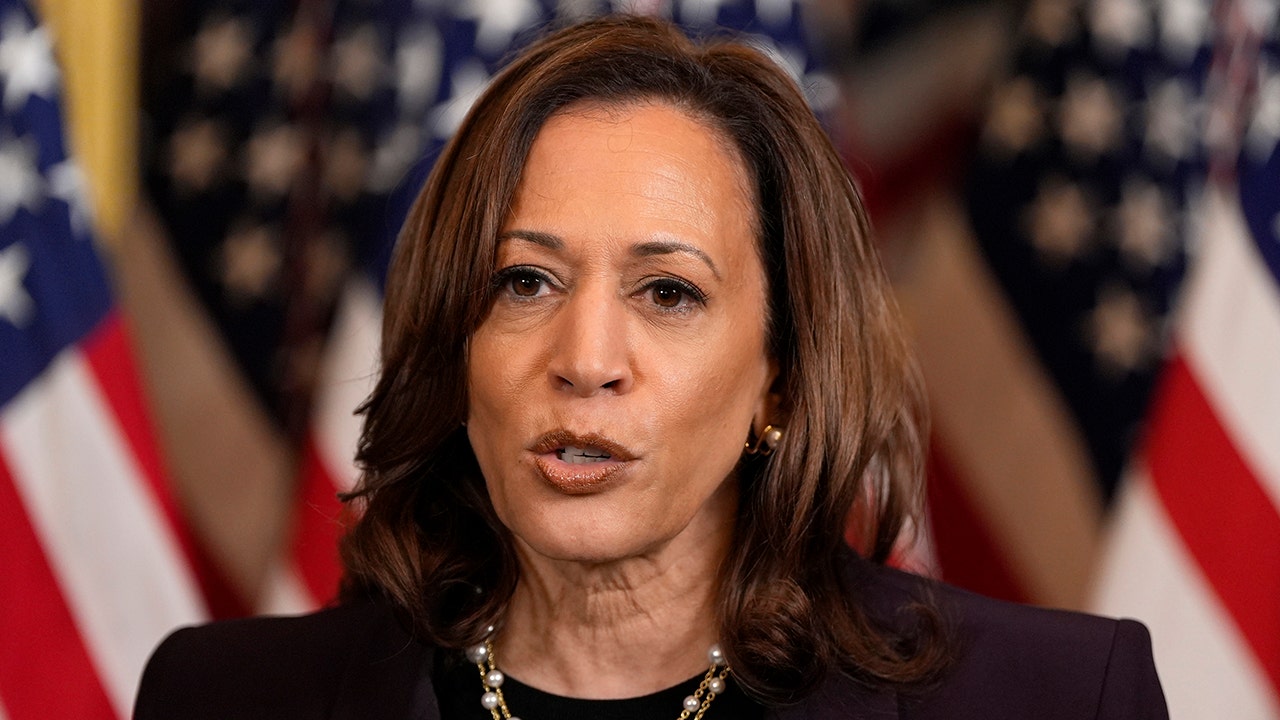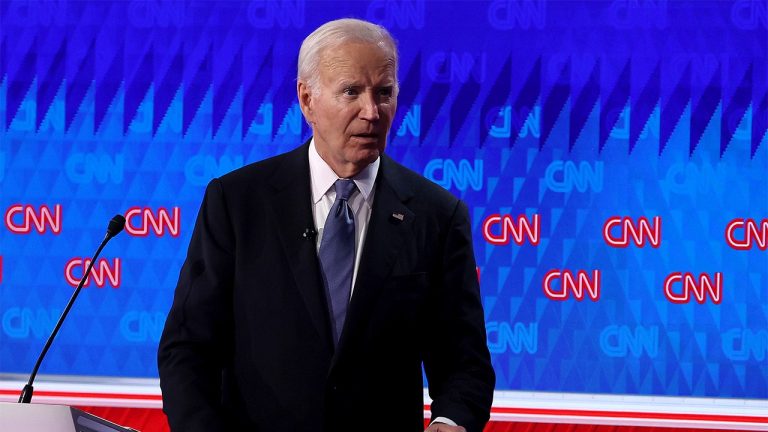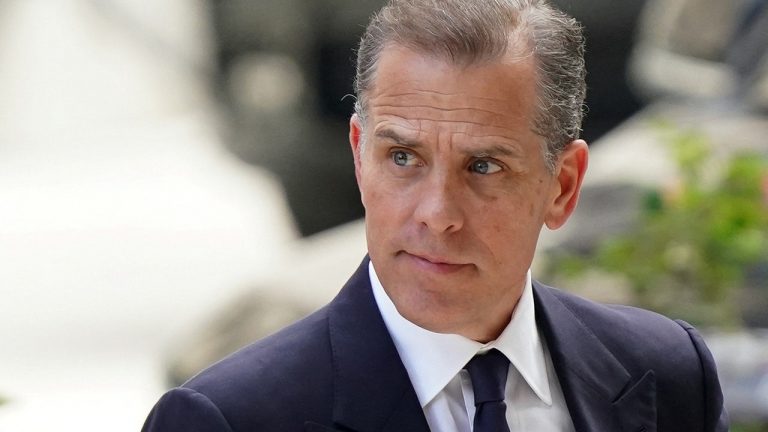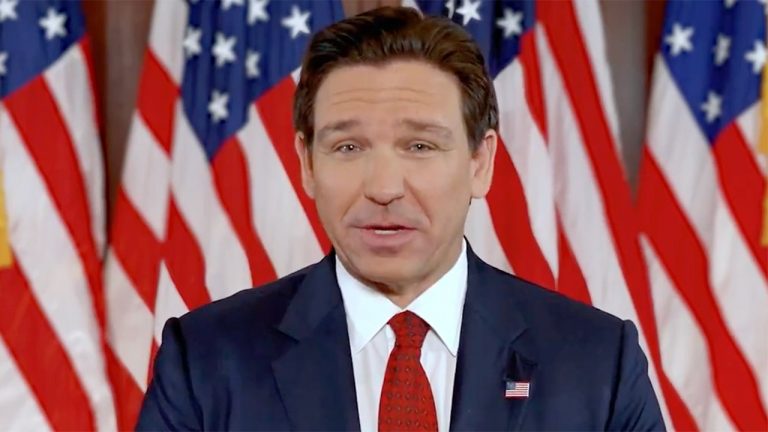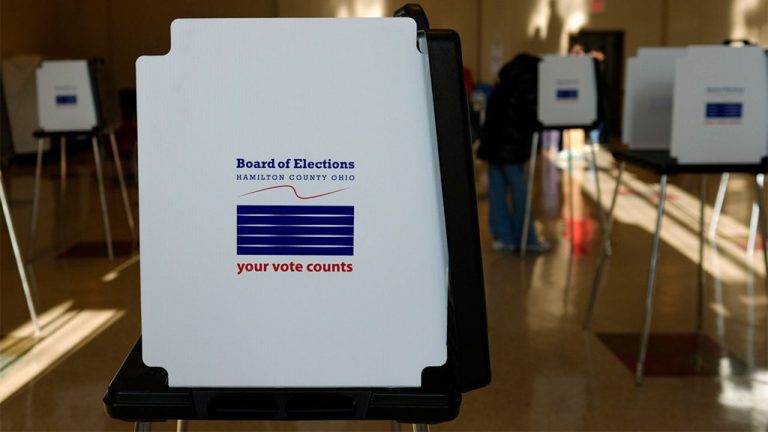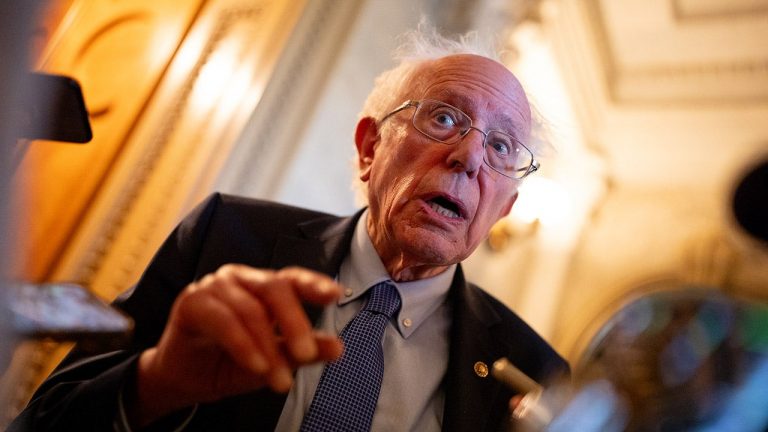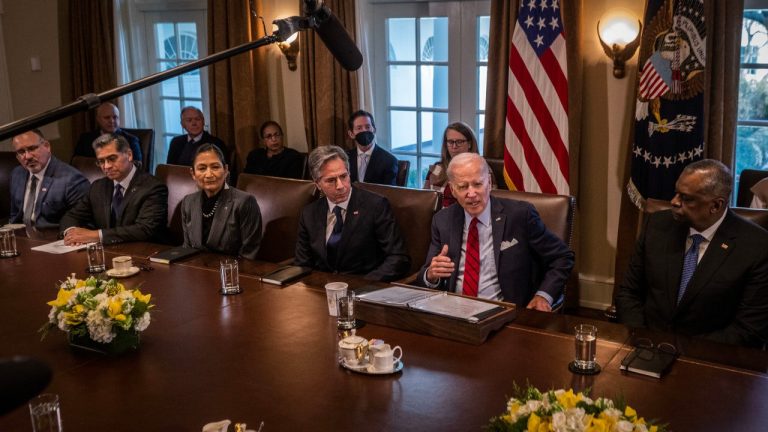Kamala Harris supported ‘Defund the police’ in 2020 interview before Biden campaign clarified position
Have you ever questioned the allocation of your city’s budget towards policing? Recently released footage has captured a moment from 2020 where then-Senator Kamala Harris expressed her support for the “defund the police” movement. Despite joining Joe Biden’s presidential ticket later that year, Harris’s sentiments about reassessing budget priorities remain firm.
During an interview with the “Ebro in the Morning!” radio program on HOT 97, Harris articulated her stance on the movement. She emphasized the need to rethink the current budget distribution, especially in cities where a substantial portion is dedicated to policing. Harris pointed out that investing a third of a city’s budget solely in law enforcement may not be the most effective approach to ensuring public safety.
The context of Harris’s statements in 2020 was rooted in the aftermath of George Floyd’s tragic death in Minneapolis. The nationwide outcry for police reform and the reallocation of funds reverberated throughout the country, sparking debates on community safety and law enforcement practices.
Harris extrapolated on her viewpoint, highlighting that merely increasing police presence does not equate to enhanced safety. She drew attention to affluent suburban areas that thrive without the constant presence of patrol officers. These communities, instead, prioritize well-funded education, secure homeownership, robust local businesses, and access to vital services like healthcare and mental health support.
The core of Harris’s argument stemmed from the need to scrutinize where financial resources are allocated. She underscored the disparity between underfunded public schools and militarized police departments, calling for a critical examination of these discrepancies. As teachers struggled to cover basic school supplies out of their pockets while police departments received substantial funding, Harris stressed the urgency of rebalancing these priorities.
Advocating for tangible change, Harris emphasized the necessity of action rather than mere dialogue. She acknowledged the power of grassroots movements in driving progress, citing the unifying force of diverse groups marching together for a common cause as a beacon of hope.
Subsequent to this radio interview, Harris was selected as Joe Biden’s vice-presidential running mate. However, in October of the same year, her former press secretary, Sabrina Singh, issued a statement refuting claims that Harris endorsed defunding the police. Singh clarified that both Biden and Harris maintained their support for increasing funding to police departments and enhancing community policing efforts.
The juxtaposition of Harris’s earlier remarks and the official stance conveyed by her campaign reflected a nuanced political landscape. While Harris’s initial advocacy for budget reevaluation garnered attention, the subsequent clarification underscored the complexities of navigating public perception and policy positions in a swiftly evolving political climate.
As we reflect on these events, it becomes evident that conversations around police funding, community safety, and social equity remain integral to shaping our collective future. Harris’s nuanced insights underscore the multifaceted nature of policymaking and the ongoing quest to strike a balance between public demand, administrative priorities, and societal well-being.
The intersection of advocacy, policy, and public discourse continues to define the contours of our civic landscape. As we engage in dialogue and action towards a more just and equitable society, the legacy of voices like Kamala Harris serves as a reminder of the profound impact of principled leadership and the enduring quest for a better tomorrow.


